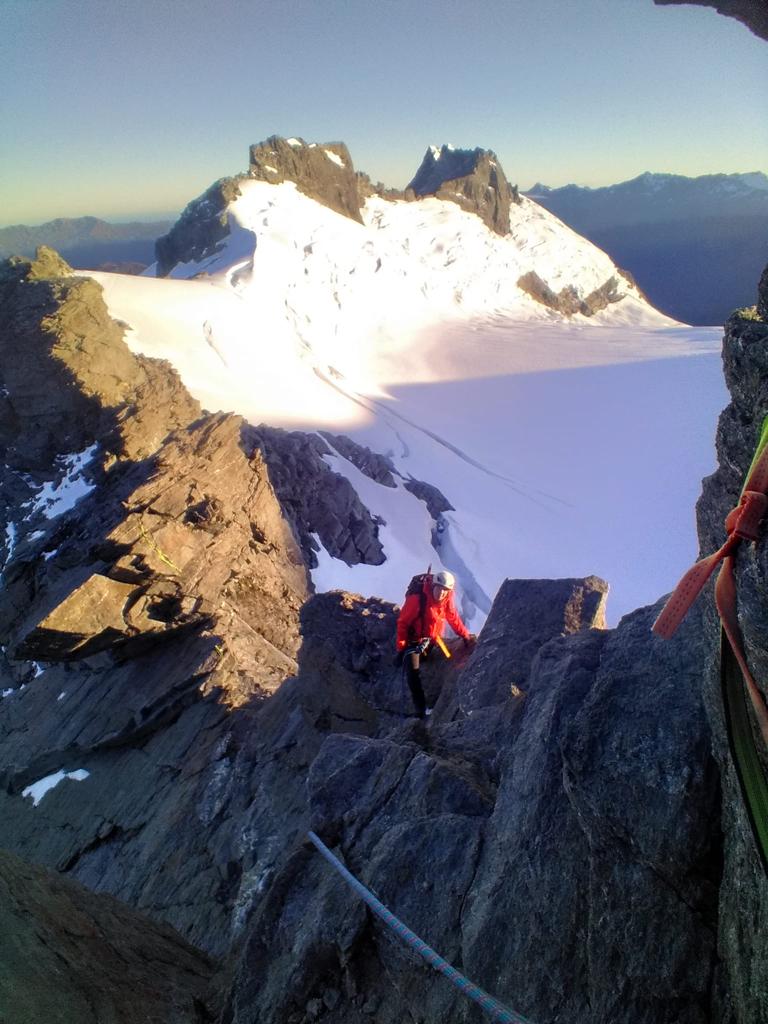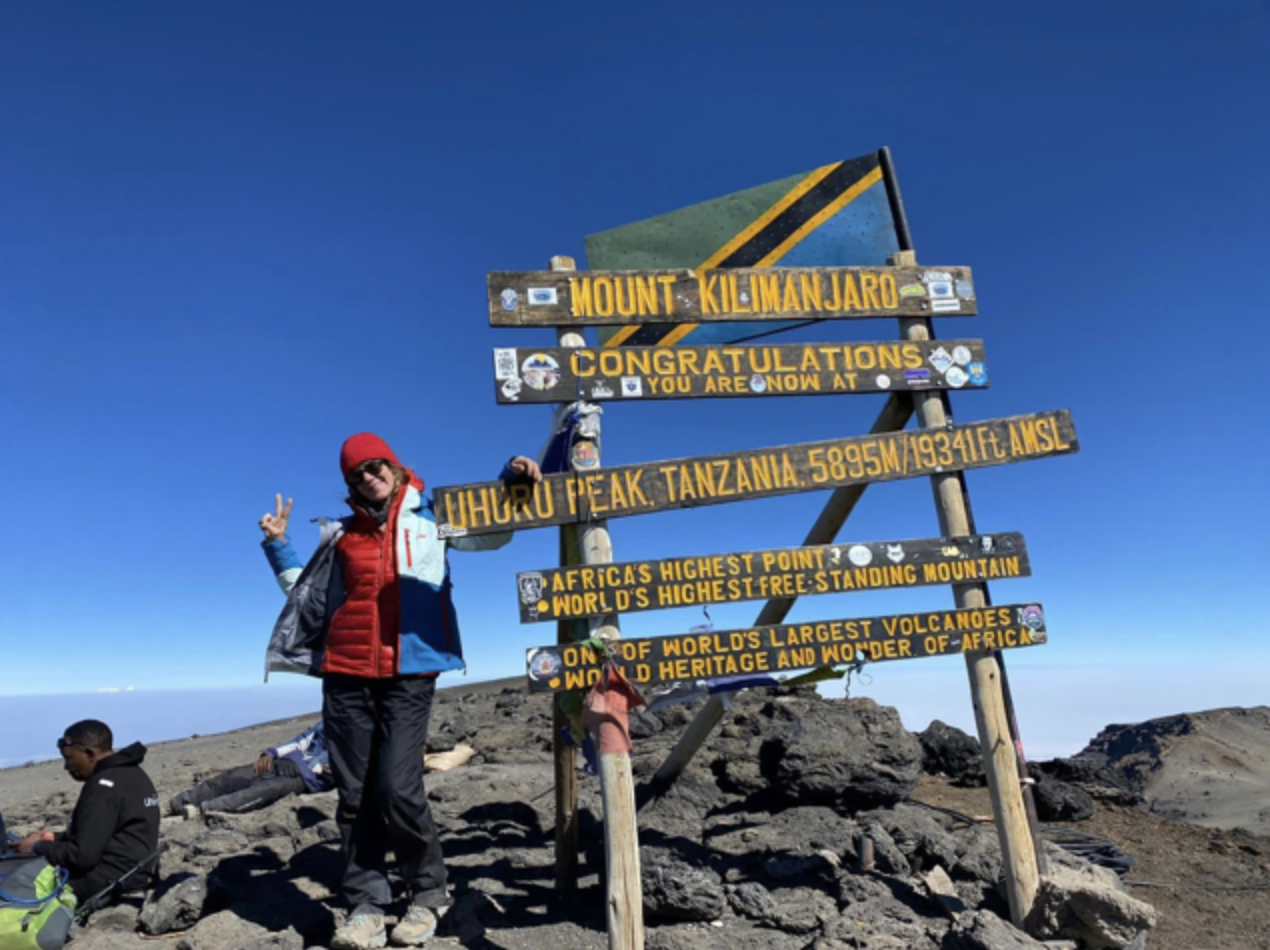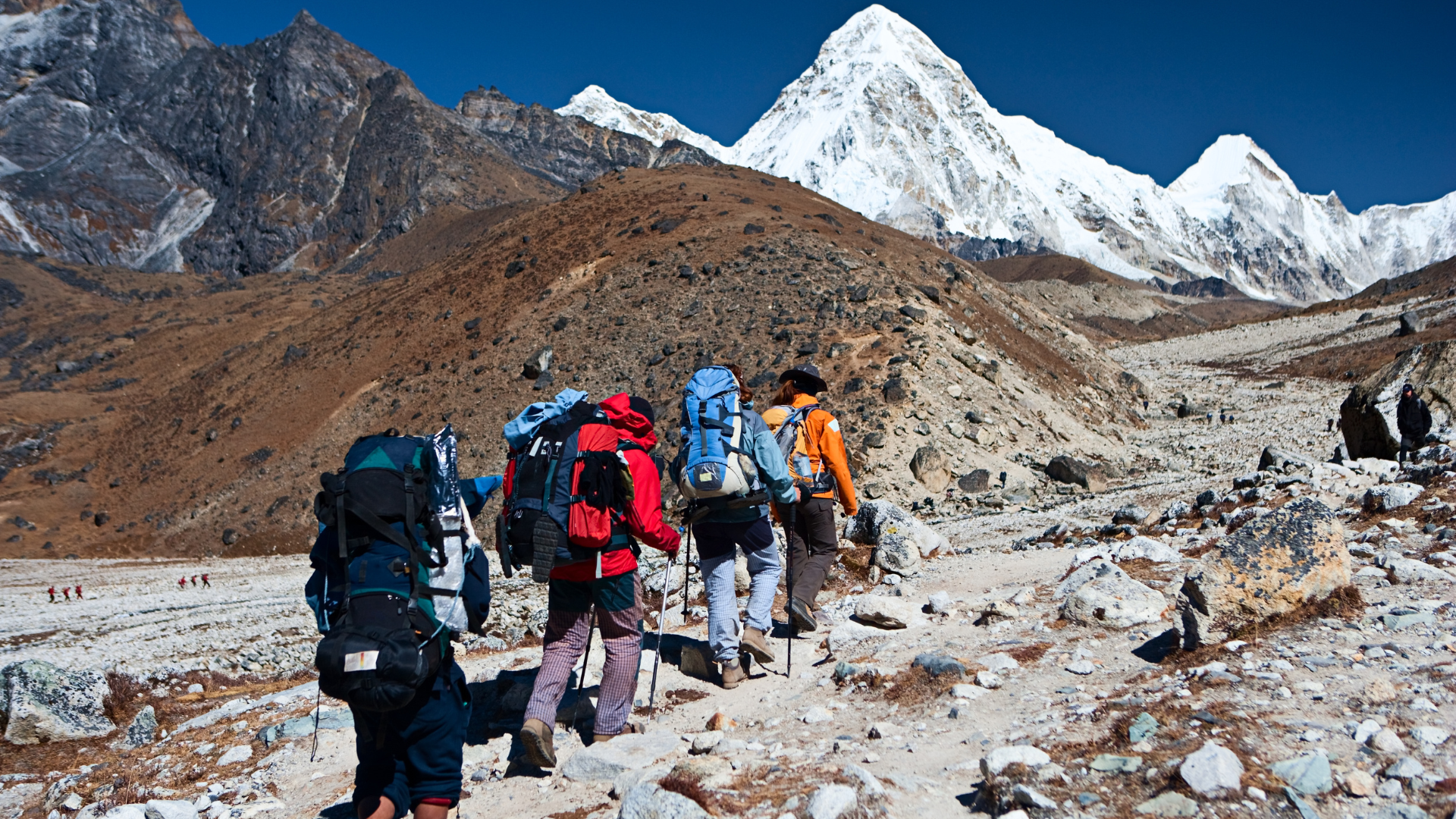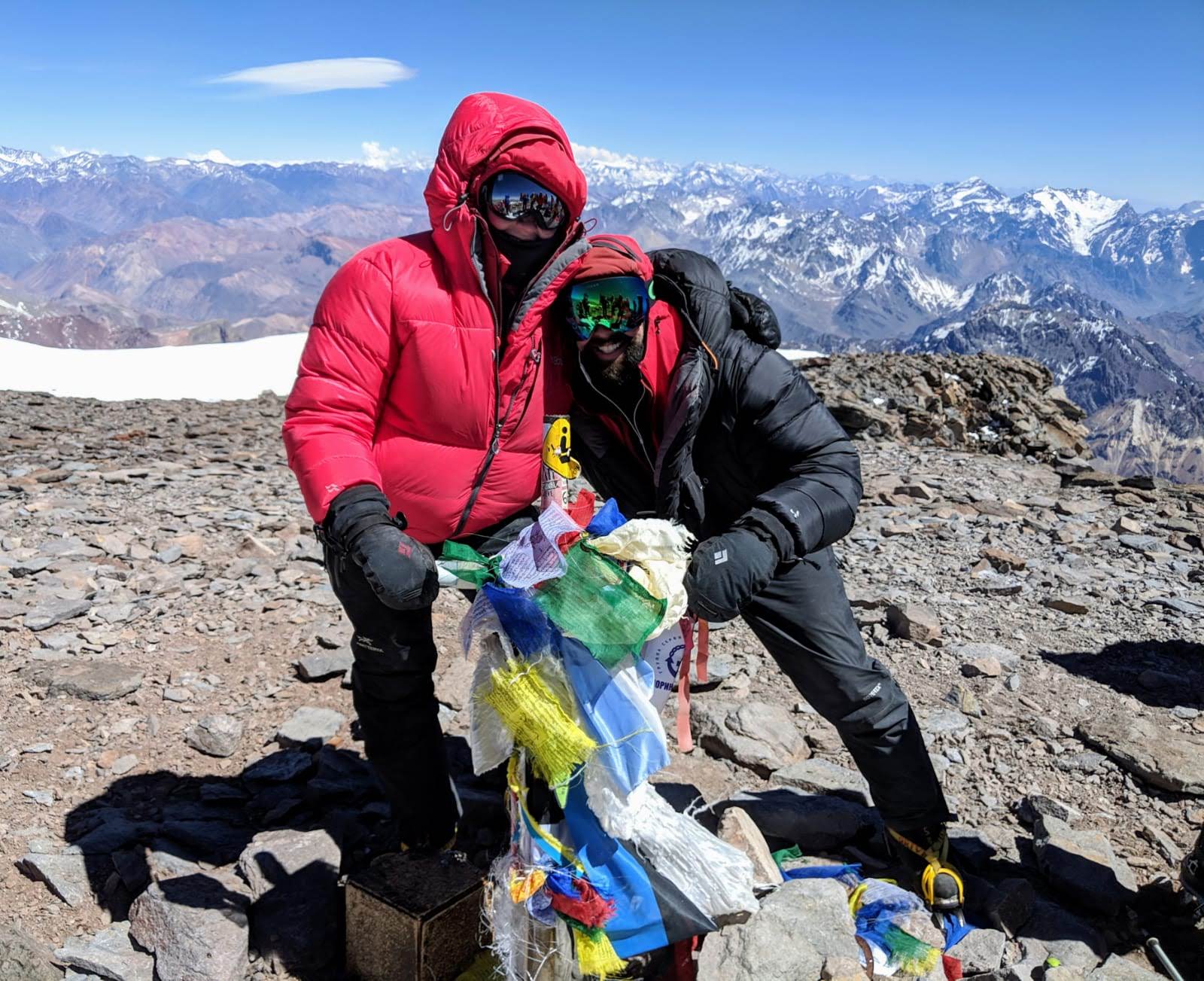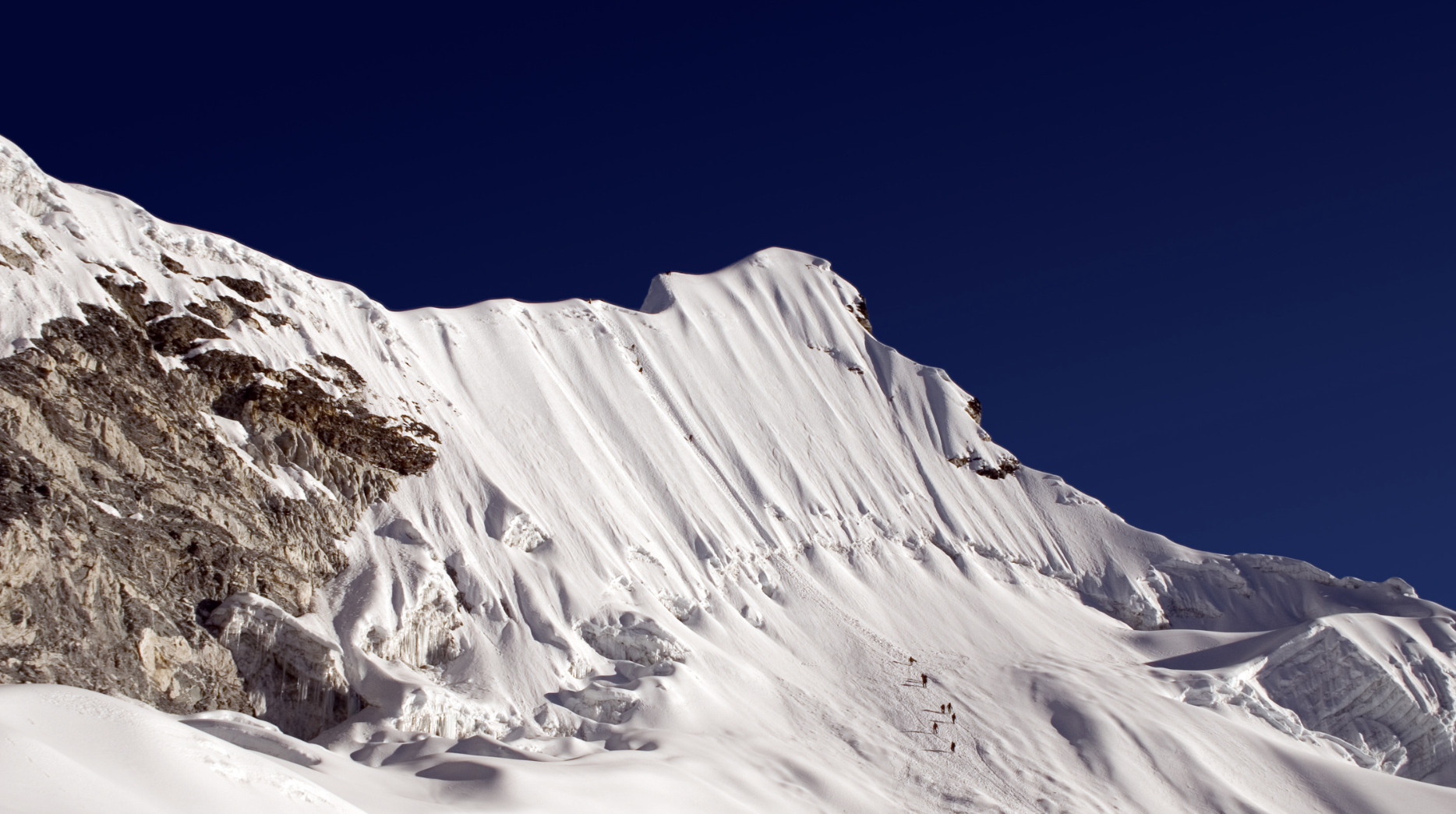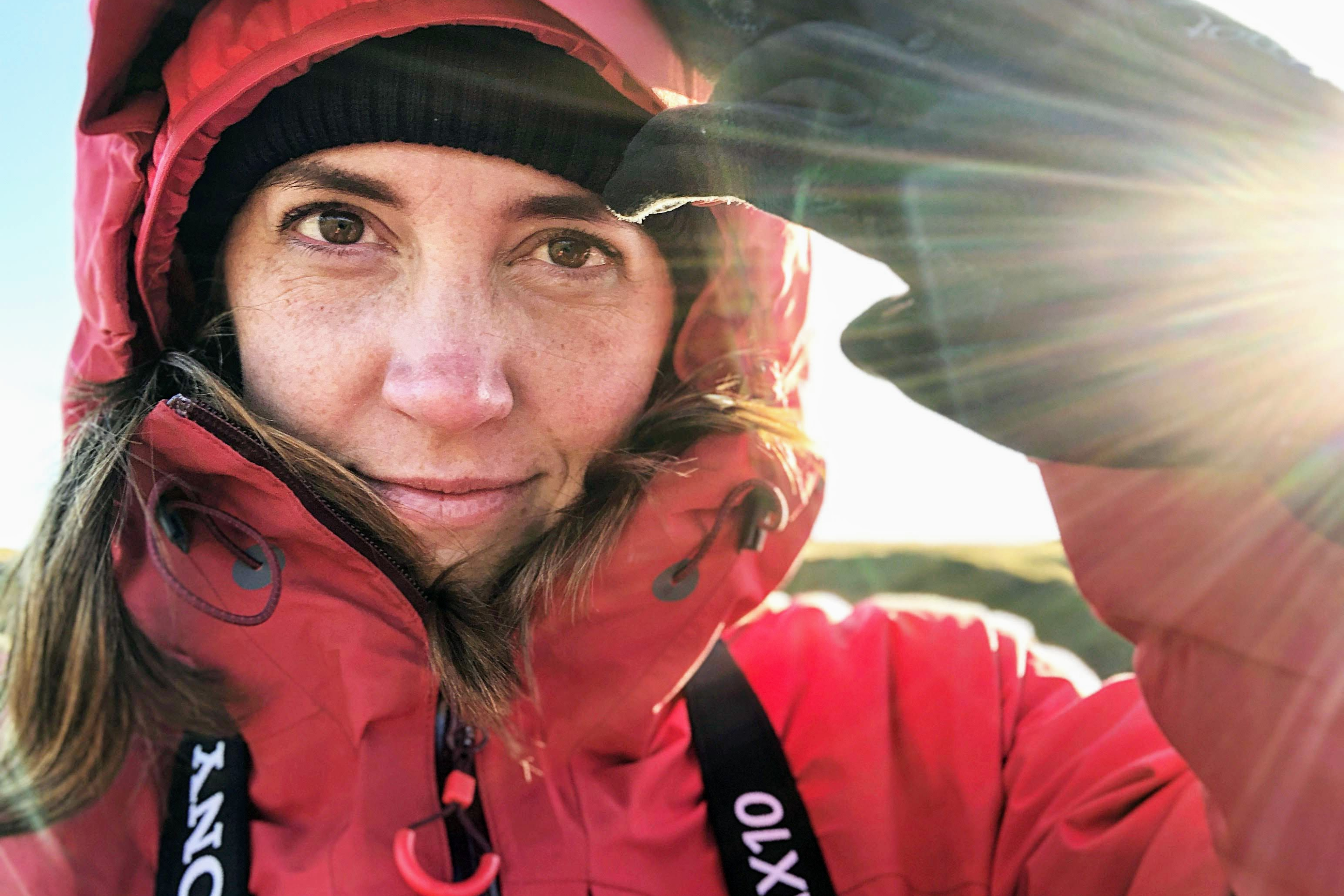Updated: Jun 6, 2020
Mount Elbrus is normally the in between mountain for those who have done and have their sights set on Aconcagua. Elbrus is a fantastic mountain to learn some of the technical skills such as self arresting, walking in crampons and using your ice axe that you will need for Aconcagua. However, there is a misconception that climbing Mount Elbrus is easier than Kilimanjaro because it is 253m lower in altitude, but there are 3 factors that differentiate Mount Elbrus and make it a challenging mountain that requires a dedicated training plan in order to properly prepare.
In this blog you’ll find out the 3 reasons that make training so important to your success and safety followed by a 12-Week Mount Elbrus Training Plan.
The 3 Reasons Why You Need To Be Training For Elbrus:
1. Altitude
The summit altitude is 5,642m. Sitting at just over 5,600m it’s safe to say Mount Elbrus is a big mountain, smaller than Kili, but still big and in the arena of extreme altitude. If the concept of being close to 5,600m high seems weird and something you just can’t imagine, then go for a 5.6km walk or run in a straight/straightish line. Doing that will put the magnitude of Elbrus into perspective and show you why training is so so so important.
2. Load Carrying
Unlike a mountain like Kilimanjaro, you are required to carry your own gear. The big pieces of gear, such as your tent, group food and equipment are carried by porters to High Camp, but your own gear and own food is carried by you. You should expect and train to carry a backpack weighting between 10kg and 15kg.
Even though you can pay for the additional help of a porter, you absolutely should not rely on that extra help. If you find yourself on the mountain needing help then it’s there but it is the wrong mentality to reduce your training effort simply because you know there’s a back up solution if you need it.
3. Weather Conditions
Mount Elbrus is in the Southern part of Russia. Even though the Elbrus climbing season is in the Russian Summer time, you can still expect and be exposed Arctic conditions, with temperatures dropping down to -40°C. Although weather doesn’t directly affect your fitness levels, it does affect your overall physical capability. The colder it is, the harder your body has to work to stay warm. That in itself is a huge stress on your body but adding inadequate fitness levels to that strain will make the climb that much harder.
NOTE: Please read “The 5 Essential Training Principles Of Mountaineering & Trekking” before you start the next section of this blog. You’ll need to understand what the training principles actually are to understand your 12-Week Elbrus Training Plan.
A small disclaimer, 12 weeks to train and prepare is really the minimum amount of time I would suggest to any of my clients with reasonable/average fitness levels. If you struggle to walk 5km with a 10kg backpack with a heart rate of about 130bpm or run 5km with a heart rate between 140bpm and 150bpm then rather be on the safe side and assume you need longer than 12 weeks to prepare.
12-Week Elbrus Training Plan
In my book “A Step-By-Step Manual To Mountaineering & Trekking Around The World” I share the formula I developed to calculate the exact number of hours you should be training per week to reach your peak physical condition for any mountain or trekking route you choose, as well as an entire, detailed and scientific chapter dedicated to creating your own training program.
If you haven’t read my book and calculated your weekly training hours then please know that the below training plan is based on the average age, weight and overall fitness levels of a person. This program also excludes the specific Heart Rate Zones that I explain and apply to The Training Chapter in my book, simply because it is impossible (and medically unsafe) to assume and suggest the specific zones you should be training in without properly calculating them.
Dedicate yourself to your training, give of your absolute best at sea level so you can give of your best at altitude. Mount Elbrus will demand nothing less than your absolute best.
Week 1 to 4
- 2 hours Aerobic Fitness
- 30 minutes Core Stability
- 15 minutes Ankle Mobility and Balance
- 1 hour Leg and Glute Strength
- 15 minutes Anaerobic Power
Week 4 to 8
- 2.5 hours Aerobic Fitness
- 1 hour Core Stability
- 15 minutes Ankle Mobility and Balance
- 1.5 hours Leg and Glute Strength
- 15 minutes Anaerobic Power
Week 8 to 12
- 3 hours Aerobic Fitness
- 1 hour Core Stability
- 15 minutes Ankle Mobility and Balance
- 2 hours Leg and Glute Strength
- 15 minutes Anaerobic Power
Week 12 (Peak Week)
During Peak Week, your training amount will decrease giving your body the necessary time to rest and recover before you take your first step on Mount Elbrus. You want to start your climb fully recovered and rested and not tired and exhausted from training, which is why including a Peak Week in your 12 Week Elbrus Training Plan is important.
- 2 hours Aerobic Fitness
- 1 hour Core Stability
- 30 minutes Ankle Mobility and Balance
- 1 hour Leg and Glute Strength – very light exercises followed by a 15 minute Self-Massage Release (SMR) using a Foam Roller. Click here to see my SMR program.
- 0 minutes Anaerobic Power
